The size of the UK Armed Forces examined
Pressure is growing to reverse cuts to troop numbers in response to Ukraine conflict
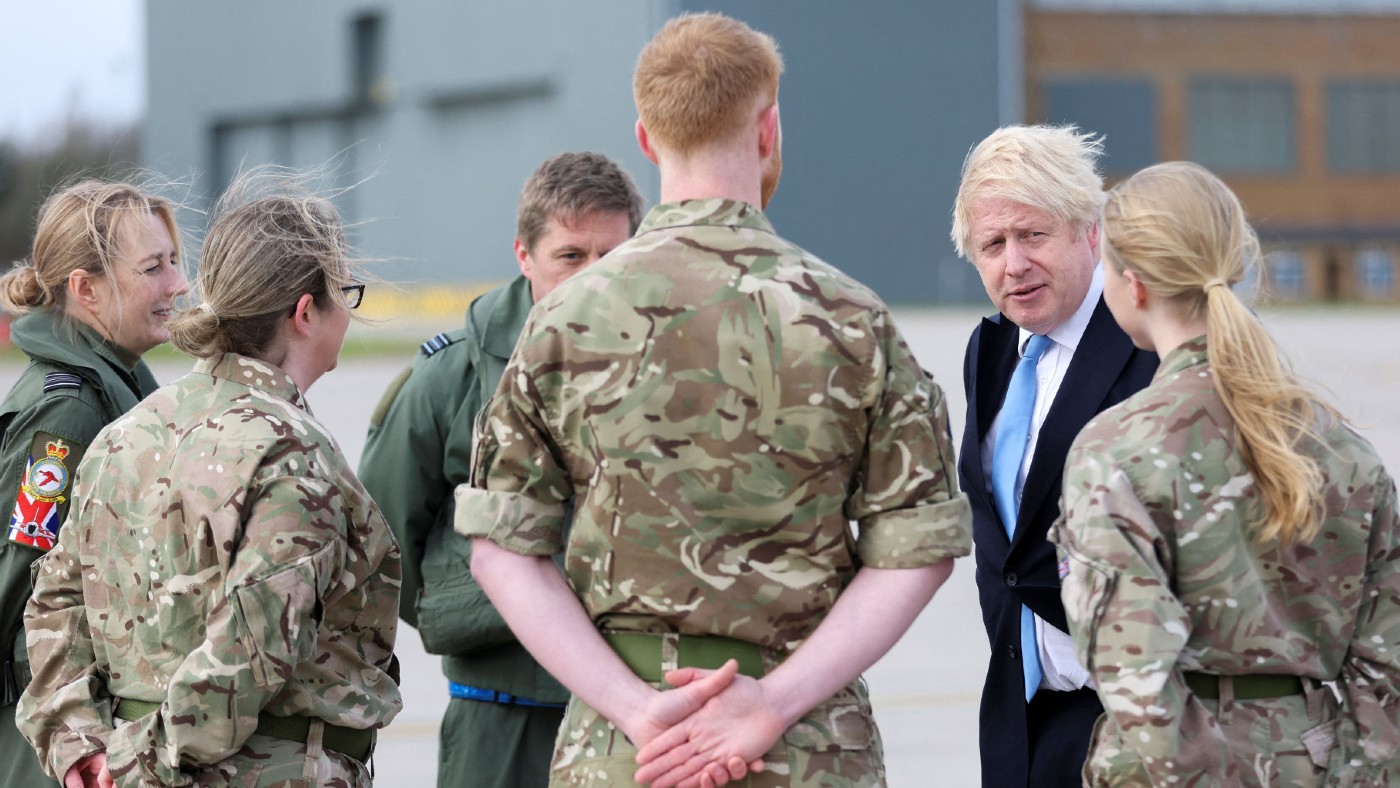
A free daily email with the biggest news stories of the day – and the best features from TheWeek.com
You are now subscribed
Your newsletter sign-up was successful
As Russia brings war to Europe, the number of troops serving in the UK is being reduced to its “lowest since the Napoleonic wars”, a Tory MP has warned.
Boris Johnson was yesterday asked by the Commons Liaison Committee whether he might reconsider the planned defence cuts in the current “era of insecurity”.
Speaking on behalf of his fellow Conservative MP Tobias Ellwood, Tom Tugendhat highlighted cuts to the RAF’s F-35, Typhoon and Hercules fleets, the Army’s tank and fighting vehicle numbers, and the 10,000 reduction in Army troops to 72,500 by 2025. He asked if the government planned to look again at the landmark Integrated Review of Security, Defence, Development and Foreign Policy published last March amid the new “looming threats”.
The Week
Escape your echo chamber. Get the facts behind the news, plus analysis from multiple perspectives.

Sign up for The Week's Free Newsletters
From our morning news briefing to a weekly Good News Newsletter, get the best of The Week delivered directly to your inbox.
From our morning news briefing to a weekly Good News Newsletter, get the best of The Week delivered directly to your inbox.
However, Johnson answered that the review, which laid out plans for defence cuts and transformations, was “pretty much spot on in the priorities it set out for the country”.
Ellwood, chair of the Commons Defence Select Committee, had previously warned that the suggested improvements in cyber defences laid out in the review came at a “huge price to our conventional defence posture with dramatic cuts to our troop numbers, tanks, armoured fighting vehicles”. For instance, the review suggested cutting the strength of the British Army’s infantry to 19,400 soldiers by 2024-25.
Last week Rishi Sunak’s Spring Statement ruled out any additional support for the military, despite pressure for an increase in defence funding and predictions that this would be included. The chancellor “rejected calls from Cabinet colleagues and others to revisit the autumn spending review and sink more money into the military,” noted the i news site.
Labour’s shadow defence secretary John Healey said that, despite the Ukraine war, Sunak’s statement “had no halt to army cuts, no review of defence spending, no reform of military procurement and no change to the real cut in day-to-day MoD spending”.
A free daily email with the biggest news stories of the day – and the best features from TheWeek.com
The latest Ministry of Defence figures for the Armed Forces, which includes the Army, RAF, Navy and Marines, shows that there were 137,070 full-time trained troops in January. Around 14,160 people left the UK Armed Forces in 2021, an increase of 11.5% on the previous 12 months.
Reductions in military personnel are nothing new. In 2010, the Strategic Defence and Security Review recommended that all three of Britain’s armed forces would take cuts in numbers.
Also, as Statista pointed out, Britain is involved in “far fewer conventional military conflicts today than it was in the past” and “as the size of Britain’s empire declined rapidly after 1945, so too did its global military commitments”.
However, in response to the conflict in Ukraine, calls are growing for troop numbers to be increased, said Forces.net.
During a debate on defence spending in the House of Commons earlier this month, Tory MP Bob Stewart said: “The one thing the Russians are showing is that in order to take territory, you’ve got to put boots on it, and guess what – we’re chucking our boots out. It’s appalling, we’ve got to reverse that decision.”
-
 How the FCC’s ‘equal time’ rule works
How the FCC’s ‘equal time’ rule worksIn the Spotlight The law is at the heart of the Colbert-CBS conflict
-
 What is the endgame in the DHS shutdown?
What is the endgame in the DHS shutdown?Today’s Big Question Democrats want to rein in ICE’s immigration crackdown
-
 ‘Poor time management isn’t just an inconvenience’
‘Poor time management isn’t just an inconvenience’Instant Opinion Opinion, comment and editorials of the day
-
 Is conscription the answer to Europe’s security woes?
Is conscription the answer to Europe’s security woes?Today's Big Question How best to boost troop numbers to deal with Russian threat is ‘prompting fierce and soul-searching debates’
-
 Will the UK get involved in the Israel-Iran conflict?
Will the UK get involved in the Israel-Iran conflict?Today's Big Question Keir Starmer is 'walking a tightrope' in helping Israel limit Tehran's nuclear capabilities without being seen to do so
-
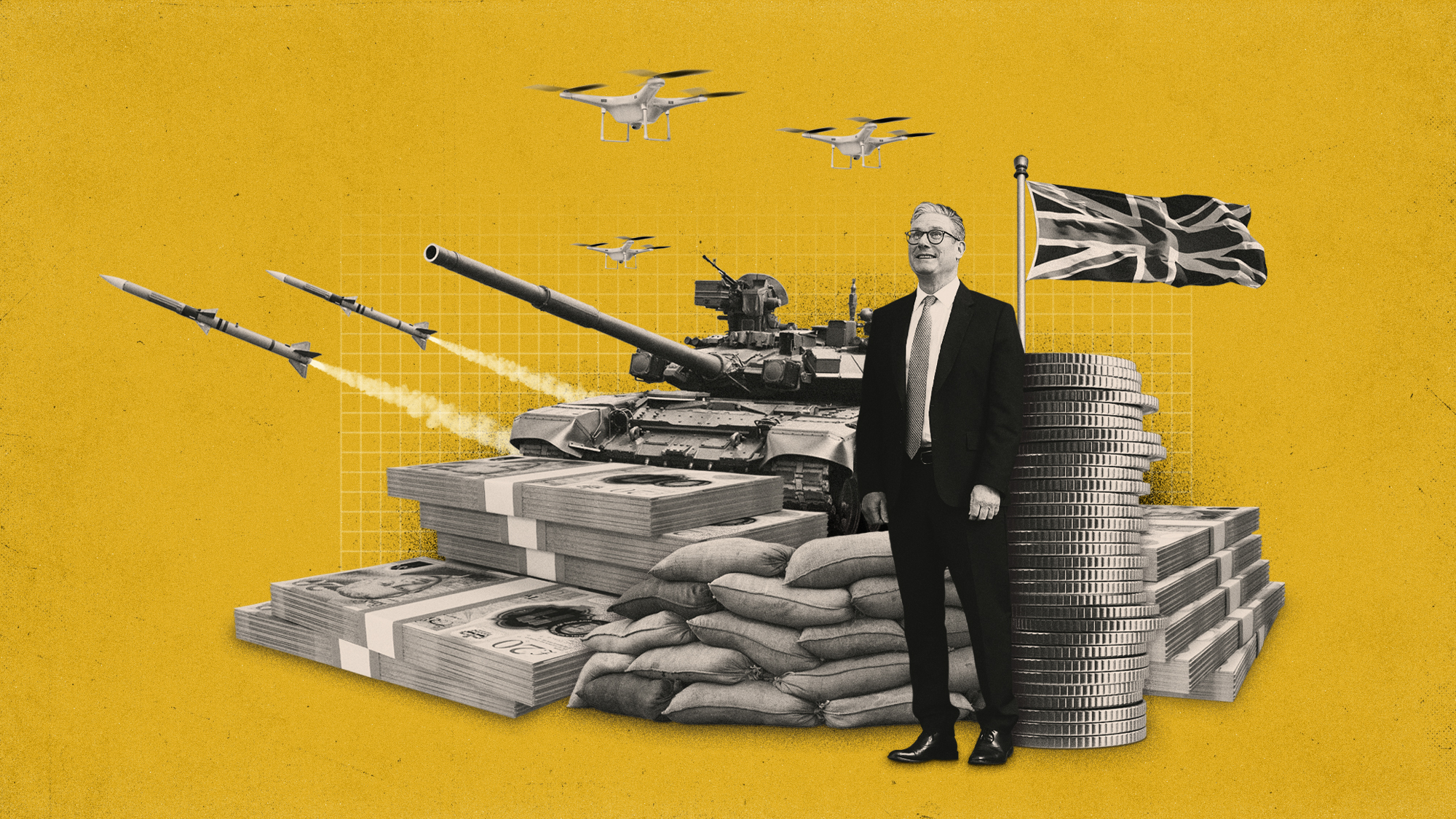 Is UK's new defence plan transformational or too little, too late?
Is UK's new defence plan transformational or too little, too late?Today's Big Question Labour's 10-year strategy 'an exercise in tightly bounded ambition' already 'overshadowed by a row over money'
-
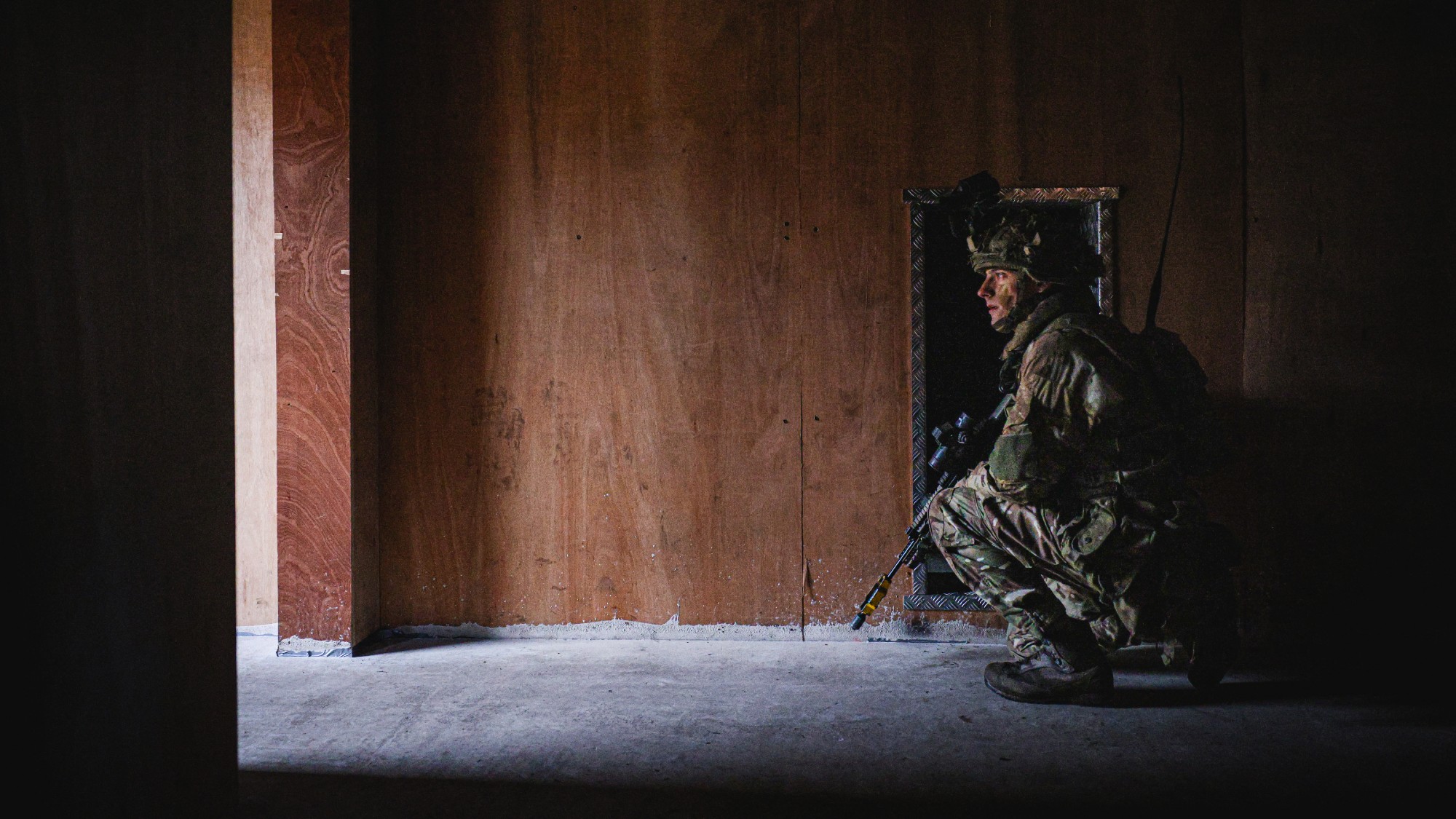 The state of Britain's Armed Forces
The state of Britain's Armed ForcesThe Explainer Geopolitical unrest and the unreliability of the Trump administration have led to a frantic re-evaluation of the UK's military capabilities
-
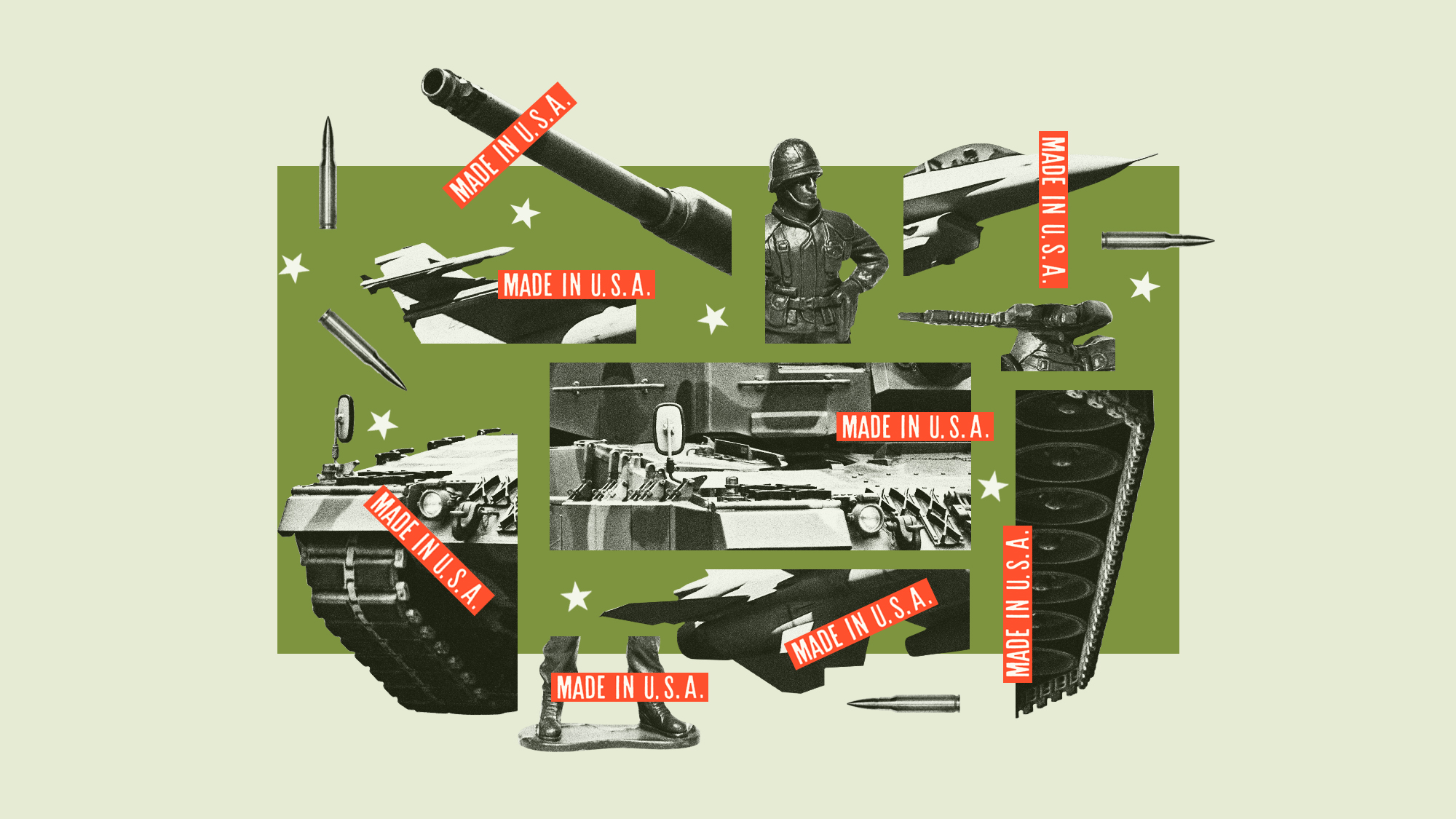 Is Europe's defence too reliant on the US?
Is Europe's defence too reliant on the US?Today's Big Question As the UK and EU plan to 're-arm', how easy will it be to disentangle from US equipment and support?
-
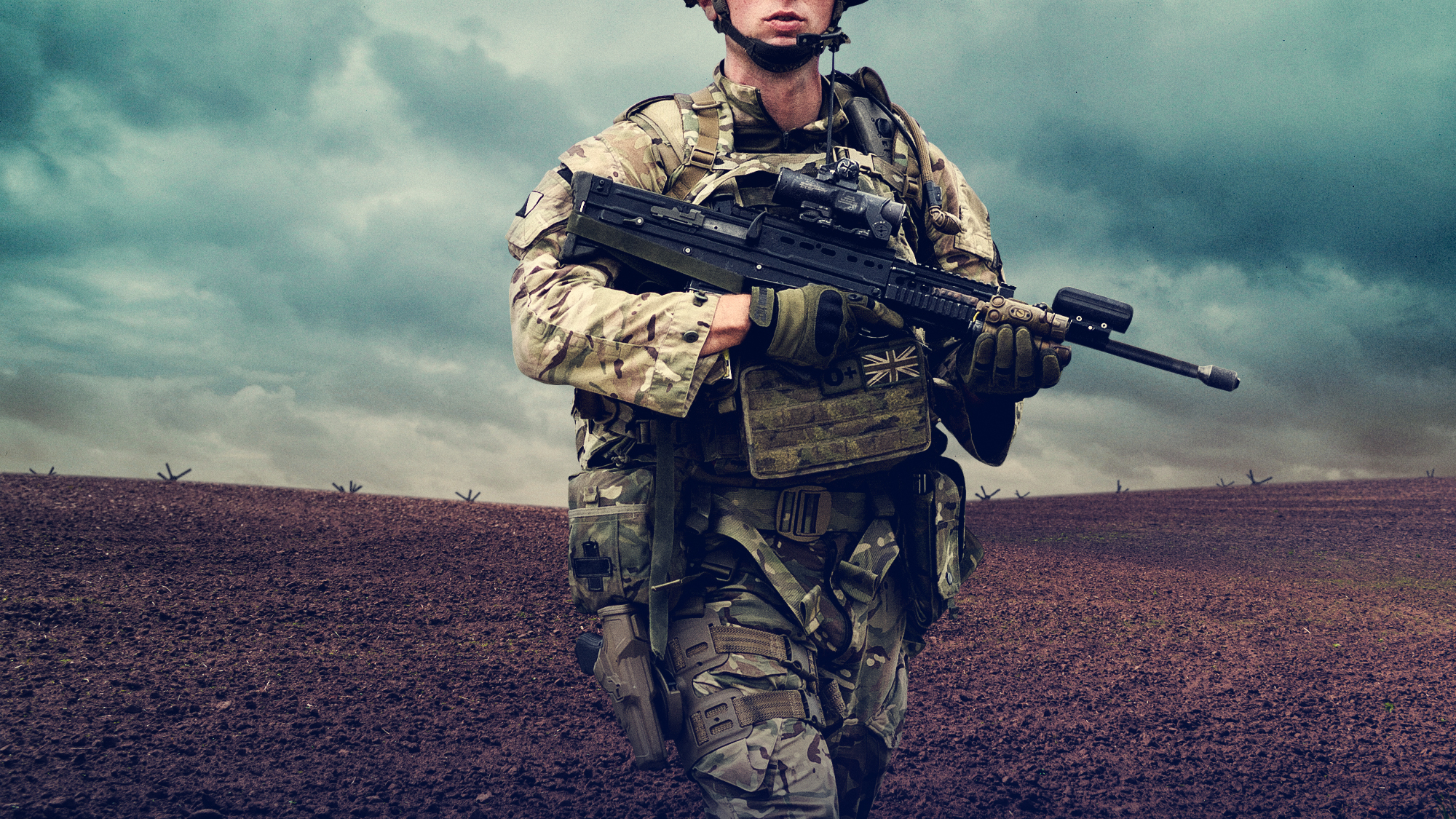 Is the British Army ready to deploy to Ukraine?
Is the British Army ready to deploy to Ukraine?Today's Big Question The UK 'would be expected to play a major role' if a peacekeeping force is sent to enforce ceasefire with Russia
-
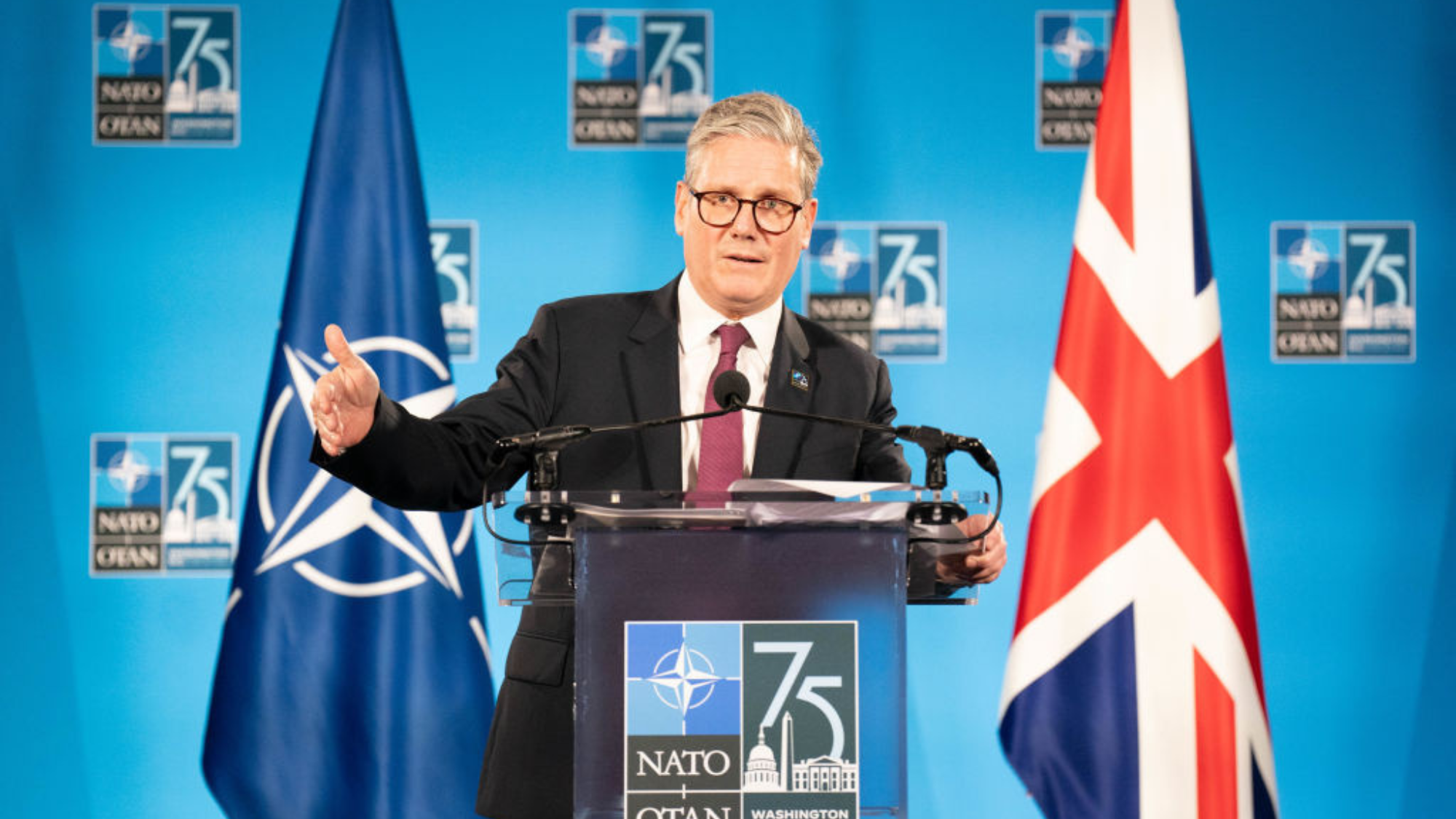 British defence: the crisis in the Armed Forces
British defence: the crisis in the Armed ForcesTalking Point Depleted military power may not be able to meet its own commitment to up defence spending to 2.5%
-
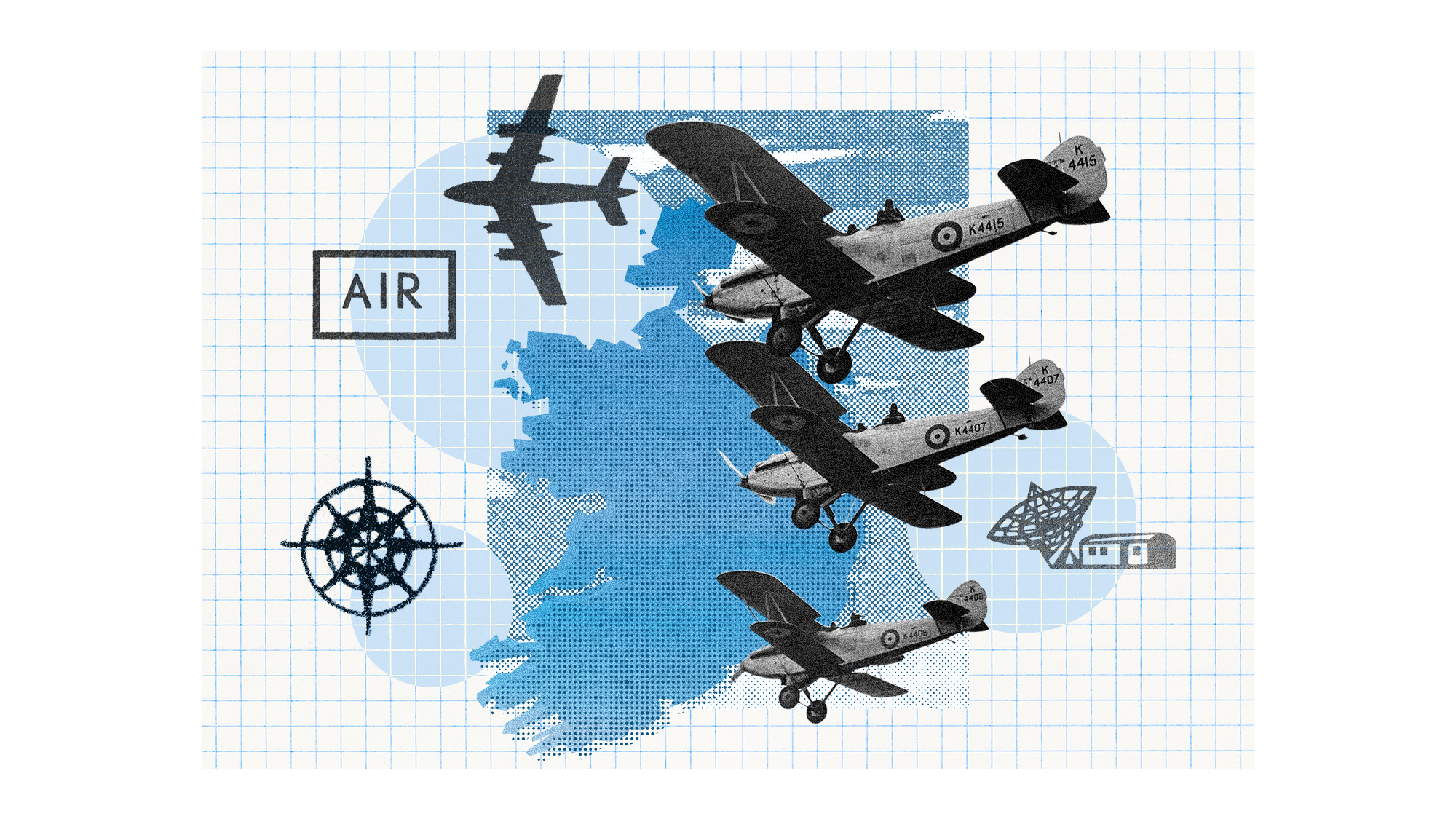 Secret plan for UK to protect Irish skies
Secret plan for UK to protect Irish skiesUnder The Radar Relations between Dublin and London have historically been strained but covert co-operation has endured for decades